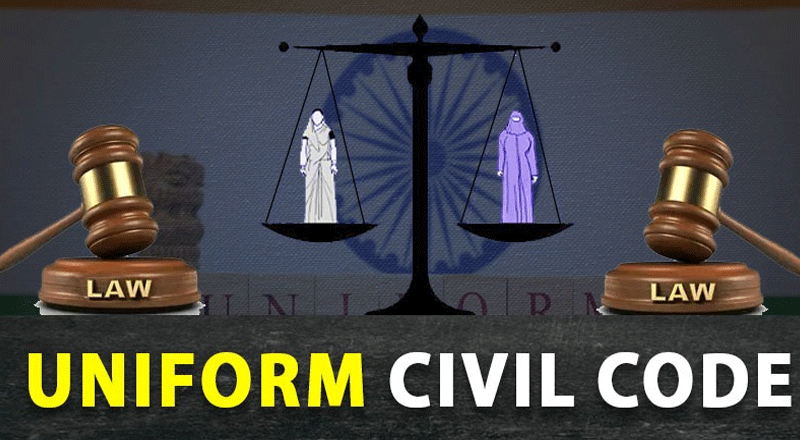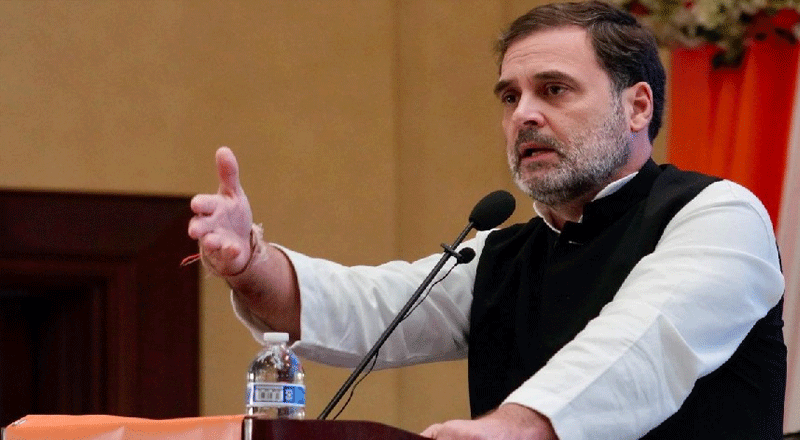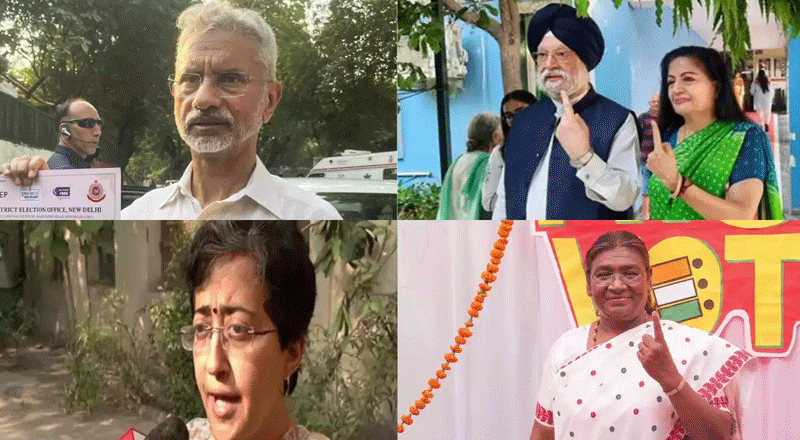Understanding the Significance of UCC
The Uniform Civil Code (UCC) has long been a subject of debate in India, aiming to unify personal laws across religions and ensure equal rights for all citizens. By establishing a common legal framework for marriage, divorce, inheritance, and adoption, the UCC seeks to eliminate discrepancies in laws based on religious affiliations. Prime Minister Narendra Modi has championed the UCC as part of his broader vision for a more uniform legal structure nationwide.
In a major move towards this goal, the Gujarat government has appointed a five-member panel to draft a UCC for the state. This follows Uttarakhand’s recent implementation of its own UCC, marking a significant step in the nationwide effort to bring legal uniformity and promote social harmony.
Gujarat’s UCC Panel: Composition and Objectives
On Tuesday, Gujarat Chief Minister Bhupendra Patel announced the formation of a committee tasked with drafting the UCC framework for the state. The panel, chaired by retired Supreme Court judge Ranjana Desai, includes former senior IAS officer CL Meena, Advocate RC Kodekar, former Vice-Chancellor Dakshesh Thakar, and social worker Gita Shroff. The committee is expected to submit its report within 45 days, after which the state government will deliberate on the recommendations and take a decision.
Chief Minister Patel emphasized that the implementation of the UCC aligns with the broader vision of ensuring equal rights for all citizens. He reiterated the government’s commitment to fulfilling promises such as the abrogation of Article 370, banning of triple talaq, and the push for ‘One Nation, One Election.’
How Will the UCC Work?
The Uniform Civil Code aims to provide a uniform set of personal laws applicable to all citizens, regardless of religion, gender, or sexual orientation. Some of its key provisions include:
- Marriage and Divorce Regulations: The UCC standardizes the process of marriage, stipulating that both parties must be of legal age—21 years for men and 18 years for women. The code also prohibits polygamy and enforces conditions such as mental stability and mutual consent.
- Mandatory Marriage Registration: The UCC mandates the registration of marriages within 60 days of solemnization, ensuring legal transparency and protecting the rights of spouses. However, non-registration alone will not render a marriage invalid.
- Inheritance and Property Rights: The UCC aims to eliminate gender-based discrimination in inheritance laws, ensuring equal property rights for sons and daughters.
- Regulation of Live-in Relationships: The guidelines in Uttarakhand’s UCC require couples in live-in relationships to submit documentation and obtain a certificate proving eligibility for marriage, promoting legal clarity and social responsibility.
UCC in Uttarakhand: A Blueprint for Gujarat
On January 27, Uttarakhand became the first state to roll out its UCC, introducing sweeping reforms that regulate marriage, inheritance, and live-in relationships. The Uttarakhand UCC mandates equal property rights for both sons and daughters and recognizes children born out of live-in relationships.
The Gujarat government is expected to study Uttarakhand’s model while drafting its own version. The committee will analyse various legal and social aspects to ensure the proposed framework aligns with constitutional principles and societal needs.
Gujarat’s Path to UCC Implementation
With the formation of the committee, Gujarat has taken a concrete step toward implementing the UCC. The panel’s findings will be crucial in shaping a comprehensive legal framework tailored to the state’s socio-cultural dynamics.
While supporters argue that the UCC will streamline legal processes and promote gender equality, critics express concerns about its potential impact on religious freedom and personal laws. However, the Gujarat government has assured that all aspects will be considered before finalizing the draft.
A New Era for Legal Uniformity
The move to implement the UCC in Gujarat signifies a broader push towards nationwide legal uniformity. With Uttarakhand setting a precedent, Gujarat is now paving the way for more states to adopt similar measures. As the committee works towards drafting a fair and inclusive code, the country inches closer to realizing a long-pending legal reform.
If successfully implemented, the UCC could transform India’s personal law system, ensuring equal rights and streamlined legal processes for all citizens, setting the stage for other states to follow suit in the near future.
(With inputs from agencies)





